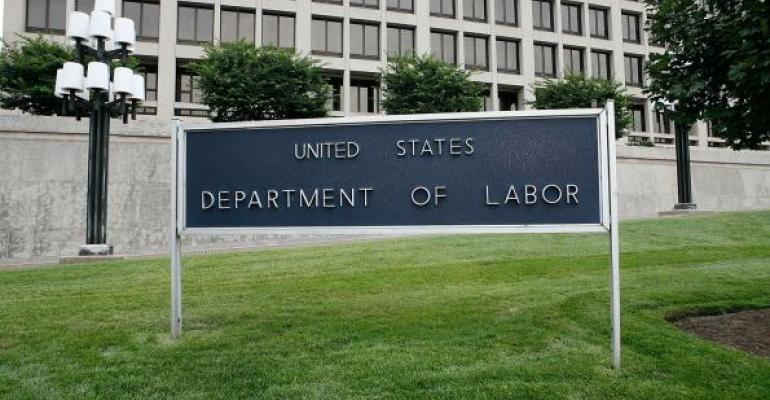Plan sponsors want their interactions with the Department of Labor to go smoothly. A DOL audit that uncovers deficiencies is stressful and potentially costly, so the prudent strategy is to avoid generating audit triggers and plan-related problems. Here are several areas where you’ll want to make sure your clients’ plans are compliant.
Check Your Plan Provisions
Plan documents define a plan’s terms like compensation, employee deferral percentages and loan requirements, among others. Diane Wasser, CPA and partner with EisnerAmper LLP in Iselin, N.J., says that among plans becoming large enough to require accounting firm audits for the first time, it’s not unusual to find discrepancies in how the plan’s provisions are implemented.
She gives the example of compensation, which plans often define as total compensation. Although the plan is supposed to consider total compensation in its calculations of employee deferrals and employer contributions, the sponsor might be using a different amount. “In the daily operation of the plan, plan management is often using less than total compensation to calculate the various contributions and thus the contributed amounts are wrong,” Wasser explains. “This is referred to as an operational defect. Oftentimes the biggest error we come across is a plan document providing for the use of total compensation when calculating contributions, yet in the daily operation of the plan, bonuses or overtime are not included. If that’s the case, it becomes the employer’s problem to make the employees whole.”
Incorrect application of plan eligibility provisions is another potential operational defect. For instance, the plan states that employees are eligible to participate after they have been employed for 30 days, but the sponsor inadvertently enrolls new hires after six months.
Mind the Calendar
Untimely deposit of employee deferrals is another common potential problem, Wasser adds. The DOL requires that employee deferrals become plan assets on the earliest date on which they can be reasonably segregated from the employer’s general assets, but that date differs among plans. For plans with less than 100 eligible participants at the start of the plan year, the specific number of days is not later than seven business days following the day on which funds are withheld. Large plans must use a reasonable standard, which can be as short as one day for some large plans. The DOL is very strict about timely deposits, says Wasser—employers can’t play the float with deferrals.
Chuck Williams, managing director with Sheridan Road Financial, LLC in Northbrook, Ill., also reports that late submission of employee contributions is the most common problem he encounters. It typically results from an operational oversight, he notes: “They’re not doing it intentionally—maybe the person who handles it was out sick for a couple of weeks.”
An administrative review can help reduce the risk of late deposits, he says: “That’s an internal discussion between the company, the payroll vendor, the provider and the recordkeeper to make sure they understand the processes, they have documentation and checks and balances so if a person who submits payroll is out that week, somebody else is doing it, which is often where these issues come in.”
Hire a Competent Auditor
Sponsors of plans that become large enough to require audits by CPA firms might be tempted to go with the lowest-cost audit provider. That approach can backfire, Wasser cautions, because retirement plan audits require a specialized skill set. A 2015 DOL study confirmed the variations in audit firms’ quality: The agency examined 400 plan audits across a range of plan sizes and found just under a 40 percent fail rate.
In an April 2017 blog post, Maria T. Hurd, CPA, director and shareholder in charge of retirement plan audit services with Belfint, Lyons and Shuman P.A. in Wilmington, Del., suggested asking the following questions of CPA firms that a plan sponsor is considering for a plan audit:
- How many plans does the team (not just the partner) that I will be assigned audit?
- Please list the specialized retirement plan audit seminars attended by each person in the team in the past 12 months.
- What credentials can the team show to evidence their specialty and commitment to the industry?
- How many times has the DOL reviewed the accounting firm’s audit workpapers?
- How many IRS audits have the retirement plan audit clients passed and did the clients have to pay any sanctions or execute corrections?
- Is the firm a member of the AICPA Audit Quality Center? If so, what were the results of the last peer review?
“Documenting the inquiries made to ascertain your auditor’s dedication and commitment to the retirement plan audit specialty area is the best way to show that you are not treating the required audit as a commodity,” Hurd explained. “In retaining every service provider to the plan, plan sponsors must show they are committed to their fiduciary responsibility to act in the best interest of the plan participants.”

